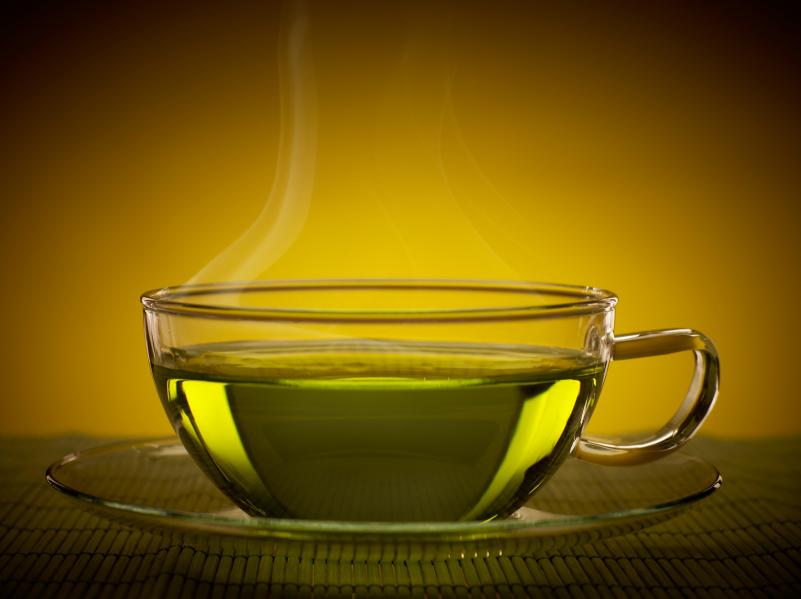Can't Sleep? These Natural Remedies May Help You Get Some Shut Eye

You’ve tried warm milk. You’ve tried medications. You even bought a new mattress; but you’re still not getting enough sleep. What’s going on?
Insomnia is a common problem in the United States. Almost one-third of American adults complain that they can’t fall asleep, stay asleep or wake up too early in the morning, according to the American Academy of Sleep Medicine.
Besides exhaustion, long term sleeplessness raises the risk of high blood pressure, heart disease, diabetes, obesity and substance abuse, according to the Mayo Clinic. Sleep deprivation is also linked to dementia, and it contributes to car crashes, worksite injuries and medical errors, according to the Centers for Disease Control and Prevention.
Although natural sleep remedies such as melatonin, tryptophan and exercise have been helping people sleep for years, researchers continue to study homeopathic sleep aids and have found that aromatherapy, music therapy and L-theanine can be effective in helping you get some shut eye.
Aromatherapy
Although Americans began using aromatherapy a few decades ago, people from other nations have been relying on it for much longer. Aromatherapy is the use of essential oil from flowers, plants and trees to improve the quality of life or complement a traditional therapy. For instance, lavender is commonly used to alleviate joint and muscle pain, headaches and skin conditions like eczema, acne and wounds. Lavender has also been studied as a sleep aid:
- 12 Weeks of lavender therapy improved the sleep quality of middle aged women with insomnia (Evidence-Based Complementary and Alternative Medicine).
- Four weeks of lavender therapy improved sleep patterns of men and women with insomnia (Journal of Alternative and Complementary Medicine).
- Lavender has safely promoted sleep without daytime lethargy in elderly patients (Complementary Therapies in Medicine).
Lavender comes in various forms including bath gels, extracts, teas, soaps and lotions. However, talk to your doctor before using it—active ingredients in essential oils may interact with medications. Read more on the health benefits of lavender.
Music Therapy
Over the last decade, a handful of studies have suggested that listening to music while you dose off can be effective for promoting sleep. For example,
- Musical tones can help balance brain activity, reducing sleeplessness (Brain and Behavior).
- Music eased symptoms participants experienced in association with fibromyalgia, including insomnia (Pain Management Nursing).
- Science Daily – which found that music therapy can fight depression and associated symptoms such as sleeplessness.
- Mental Illness – which found that music therapy can relax people living with post-traumatic stress disorder (PTSD); thereby, improving their sleep efficiency, i.e., the amount of time it takes to fall asleep.
What kind of music works? When selecting music, Martin Reed, creator of Insomnia Land, a website dedicated to helping over insomnia, suggests chosing music that has a slow rhythm between 50 and 60 beats per minute (BPM). You can figure out the BPM of a song simply by listening to the song and counting the number beats for 60 seconds. Music that imitates the sound of ocean or has a lullaby-like quality also works well, Reed says. Listening to music with a positive association also helps. Learn more about music therapy.
Theanine
Theanine is another natural remedy recommended by sleep experts. It's made up of an amino acid (protein building block) and a nootropic (cognitive enhancing substance) and is able to increase alpha waves in the brain. The Cleveland Clinic reports that it can help relieve anxiety, enhance mood and foster relaxation, which promotes sleep. Studies show it can reduce psychological and physiological stress responses (Biological Psychology) and contributes to relaxation (Trends in Food Science & Technology).
The easiest way to consume theanine is by drinking green tea. However, if you consider green tea to be an acquired taste, discuss taking a theanine supplement – L-theanine or suntheanine – with your doctor. Read more on the health benefits of green tea.
If you're struggle getting enough sleep, work with your MDVIP-affiliated doctor. He/she has the time and the tools that can help identify the root cause(s) of the problem and create a customized action plan to help you sleep better. Don’t have an MDVIP-affiliated doctor? MDVIP has a nationwide network of physicians. Find one near you and begin your partnership in health.


